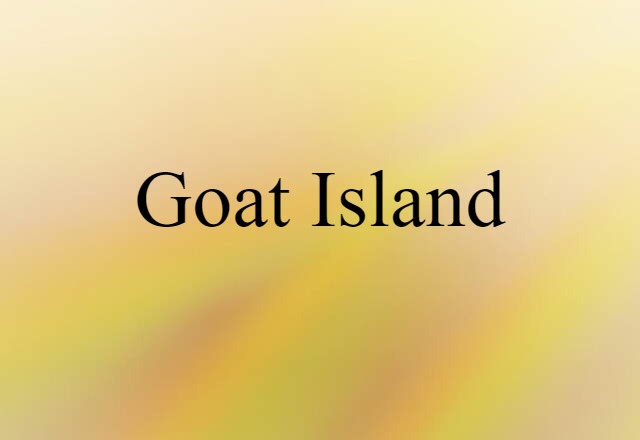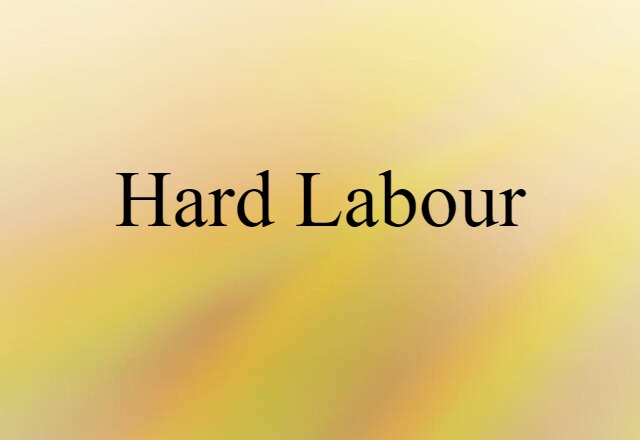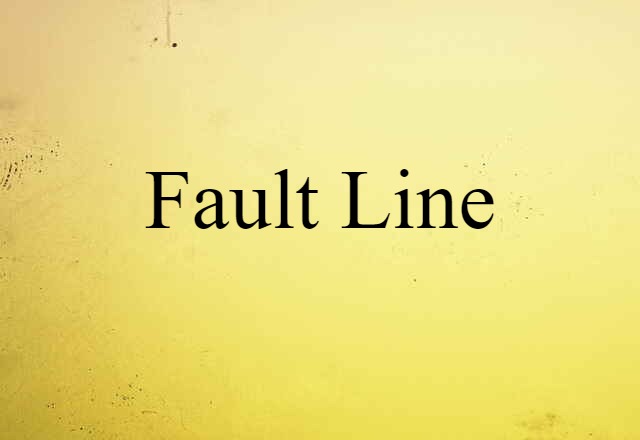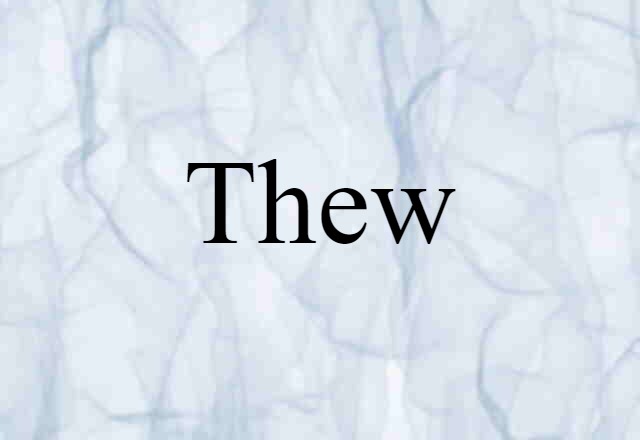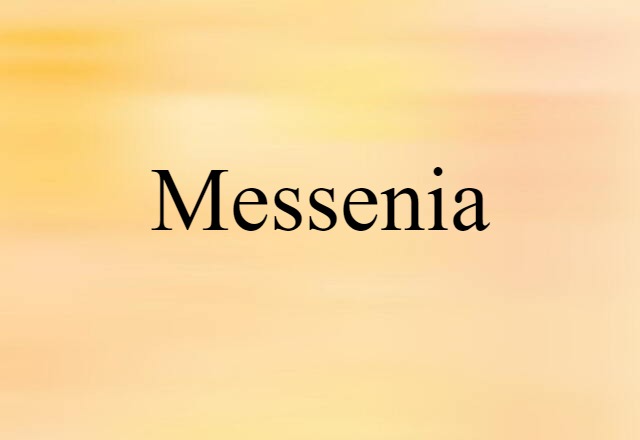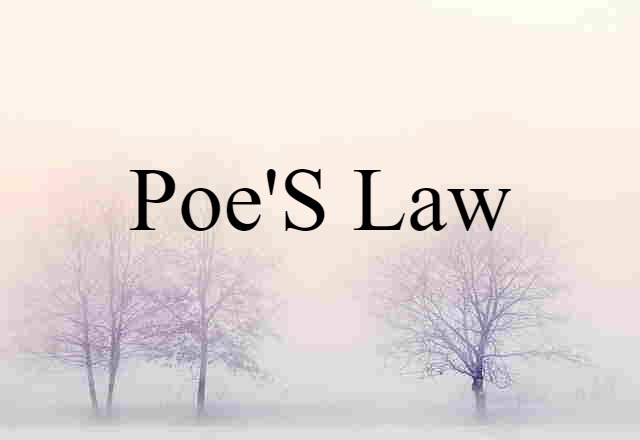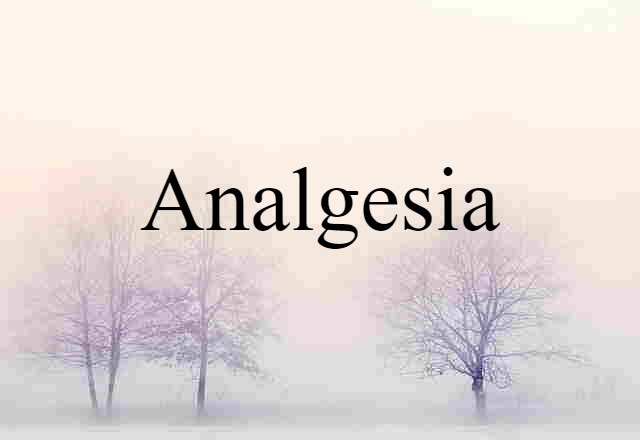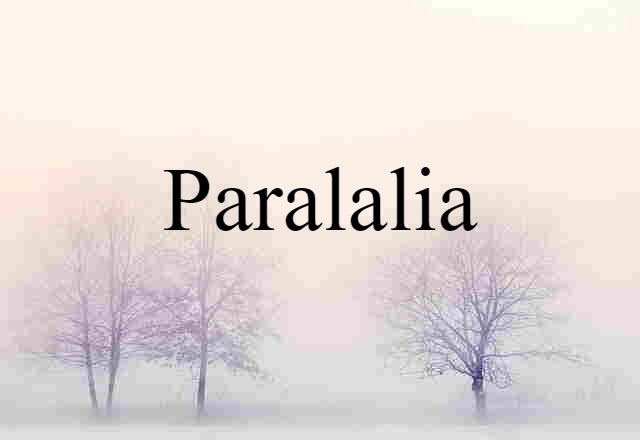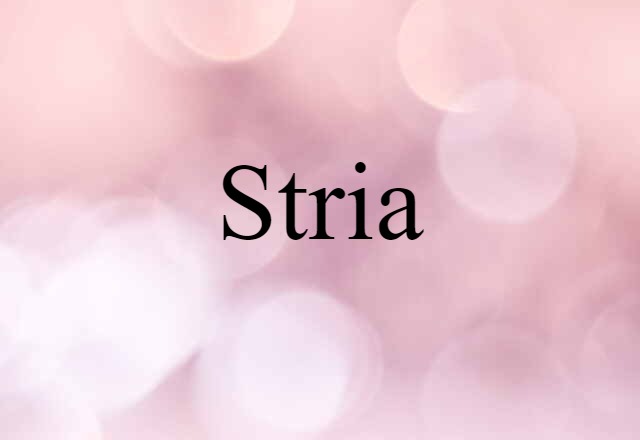- U.S. short-story writer and novelist.
- a metropolis in SE England, on the Thames: capital of the United Kingdom.
- an old city in the central part of the former county of London: the ancient nucleus of the modern metropolis. 1 sq. mi. (3 sq. km).
- a former administrative county comprising the City of London and 28 metropolitan boroughs, now part of Greater London.
- an urban area comprising the city of London and 32 metropolitan boroughs. 609 sq. mi. (1,575 sq. km).
- a city in S Ontario, in SE Canada.
- the capital of the United Kingdom, a port in S England on the River Thames near its estuary on the North Sea: consists of the City (the financial quarter), the West End (the entertainment and major shopping centre), the East End (the industrial and former dock area), and extensive suburbs
- the administrative area of London, consisting of the City of London and 32 boroughs (13 Inner London boroughs and 19 Outer London boroughs): formed in 1965 from the City, parts of Surrey, Kent, Essex, and Hertfordshire, and almost all of Middlesex, and abolished for administrative purposes in 1996: a Mayor of London and a new London Assembly took office in 2000. Pop: 7 387 900 (2003 est). Area: 1579 sq km (610 sq miles)
- a city in SE Canada, in SE Ontario on the Thames River: University of Western Ontario (1878). Pop: 337 318 (2001)
- it is certain
- Jack, full name John Griffith London. 1876–1916, US novelist, short-story writer, and adventurer. His works include Call of the Wild (1903), The Sea Wolf (1904), The Iron Heel (1907), and the semiautobiographical John Barleycorn (1913)


